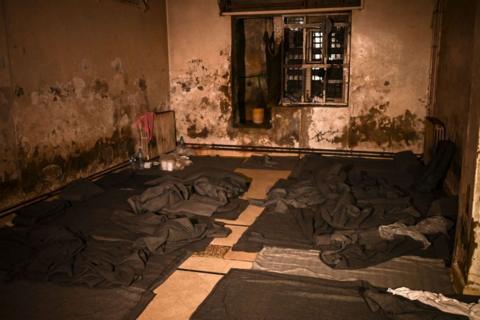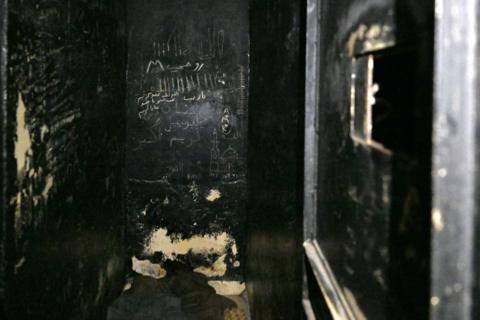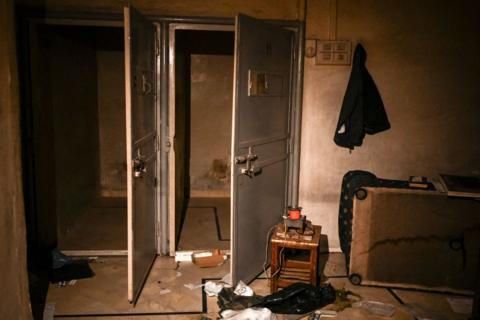It was early December when Douna Haj Ahmed, a Syrian refugee, discovered the disturbing details of her husband's detention in the notorious Al-Khatib prison – known as "Hell on Earth".
She was watching bewildered prisoners fleeing the country's brutal security apparatus, on the news at home in London, after rebel forces had ousted Bashar al-Assad as president.
Through tears, Abdullah Al Nofal, her husband of eight years sat next to her, turned and said: "This is where I was arrested, this is the place."
Douna, whose brothers were also arrested during Syria's 13-year civil war, says she had an idea of what her husband experienced during his detention - but this was the first time he was sharing the full details of what he endured.


